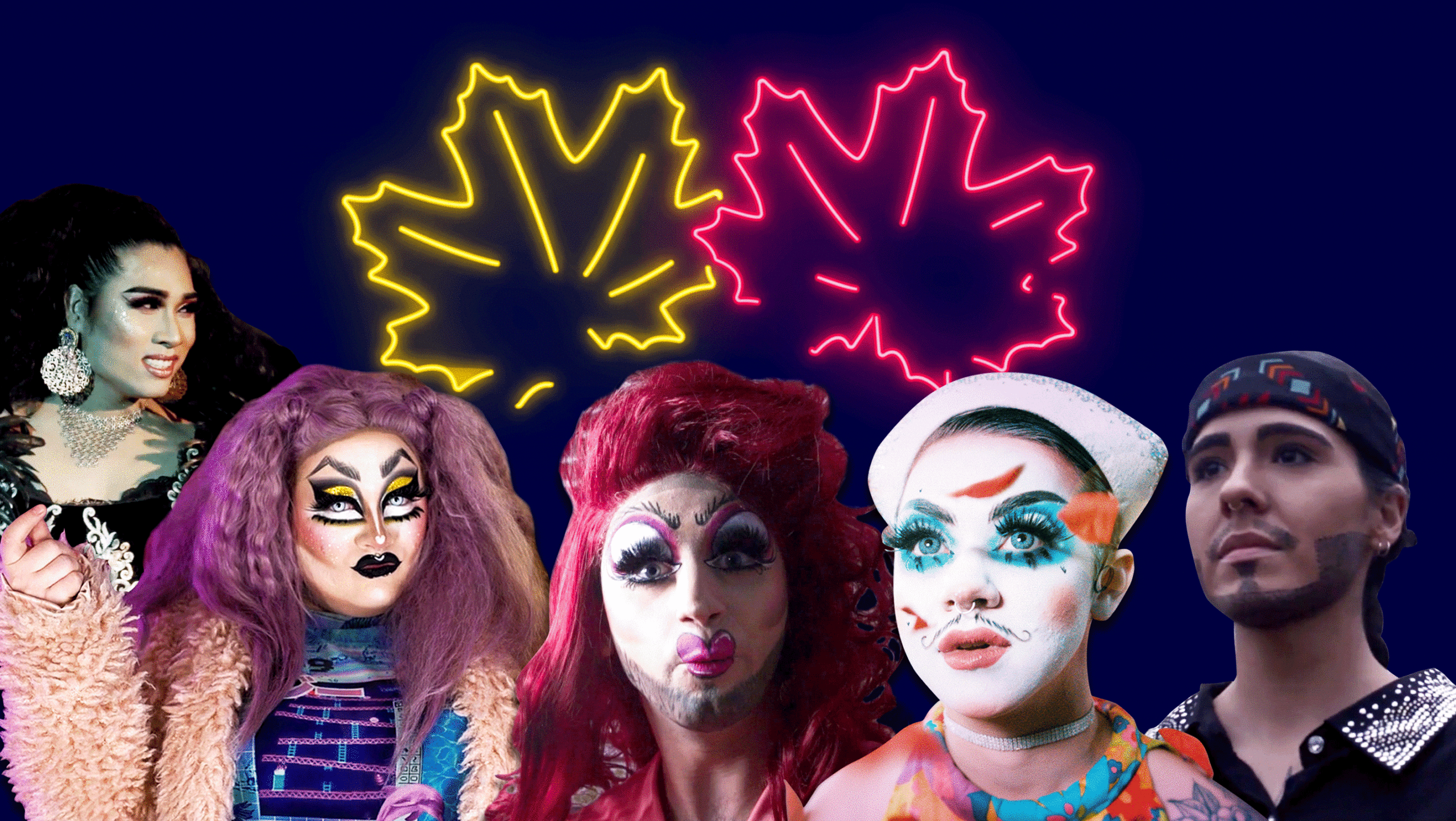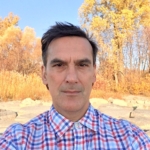As a relatively young country—a former colony, long overshadowed by our older, more powerful sisters—Canada loves to rummage in the closets of other nations and dress up in their identities. That’s why we pass as Americans, Brits, French and more. So it should come as no surprise that Canadians have a passion for drag. That predilection is on riotous display in Canada’s a Drag, the CBC web series of mini-docs (running five to 10 minutes each) that criss-crosses the country to showcase the incredible variety of performers and styles that make up Canada’s exploding drag scene. With the third season set to launch Feb. 7, Xtra talked with series co-producer Peter Knegt to serve up some high-heeled, pants-packin’, big-haired Canadian realness.
How would you define drag?
I think it’s almost indefinable. This season we wanted to highlight that drag can be anything. We have someone who identifies as a “drag thing” because they’re non-binary. We have someone who is a trans man who does drag dressed as a woman and really sort of fucks with the whole idea of what drag can be. We have an Indigenous drag king and drag performers of various ethnicities and races. Doing this show over the past three years has completely changed the way that I think of drag—it seems limitless in its possibilities.
Did you consciously set out to challenge RuPaul’s narrow focus on cis men doing female drag?
Not at first. We just wanted to be diverse and include some kings and some people who were messing with gender in a way that you don’t necessarily see on RuPaul’s Drag Race. It just felt like the more Drag Race pushed into the mainstream, the more we thought it was important to consciously scout kings, queens and “things” who would never make it on [the Drag Race] stage for various gender reasons. As a cisgender gay man, there’s a lot of stuff I didn’t know going into this. I’ve learned so much working with all these performers who are really using drag to educate in terms of non-binary and trans identity issues and politics.
What’s the selection process like?
It’s heartbreaking sometimes because there are so many people we’d love to do episodes on. But we really need to focus on diversity in every aspect of the word, especially regionally. We can only have so many episodes in Toronto and Vancouver, even though there’s a hundred worthy people in those cities. So that’s hard.
You feature many performers who live in small towns like Kelowna, B.C., or St. John’s, Newfoundland. How does being part of the series affect their lives?
We have this queen in Lethbridge who is so excited [to be profiled] and posts almost every day on Facebook that this is happening. And because of the show, she’s met a bunch of crazy queens in Vancouver and other cities. For a lot of these drag performers in smaller places, it just seems to have opened them up and made them feel like they are a part of a bigger community. This country is obviously vast so there seems to be some impact in terms of building that connection. It’s really lovely to watch over the course of a season.
When will CBC air the series on TV?
CBC Arts has a Friday night show called Exhibitionists, and a couple of episodes have been showcased on it at the very glamorous time slot of 11:30 p.m. And we’ll continue to do that. But at this point, that’s all that will probably ever happen.
Do you do drag?
I only do it once a year to host the premiere of this show. I use it as an opportunity to show that I’m not actually a drag artist because I don’t have a persona. I pay someone to do my hair and makeup and buy a nice wig. I enjoy it very much; I just feel there’s artistry to it that I lack. So I guess I’m a fake drag queen.
What are some other Canadian moments in the series that show how different our drag is than in the U.S.?
Just that we have a really interesting collection of people. For example, Francheska Dynamites, who emigrated from the Philippines in 2010 and built this incredible life in Lethbridge, Alberta, of all places. To me, that’s just the wildest story because it’s so unlikely. And she’s just such a lovely person, so heartwarming. And we have a drag queen in Moncton who’s using drag to fuck with people’s thoughts about the Acadian diaspora. I can’t believe we found people like this. It’s so incredible. I just hope that audiences connect to these people who live all across this country.
This interview has been edited for length and clarity.


 Why you can trust Xtra
Why you can trust Xtra


